Why are transgender hate crime rates soaring?
New figures show number of reported incidents in UK has risen by 81%
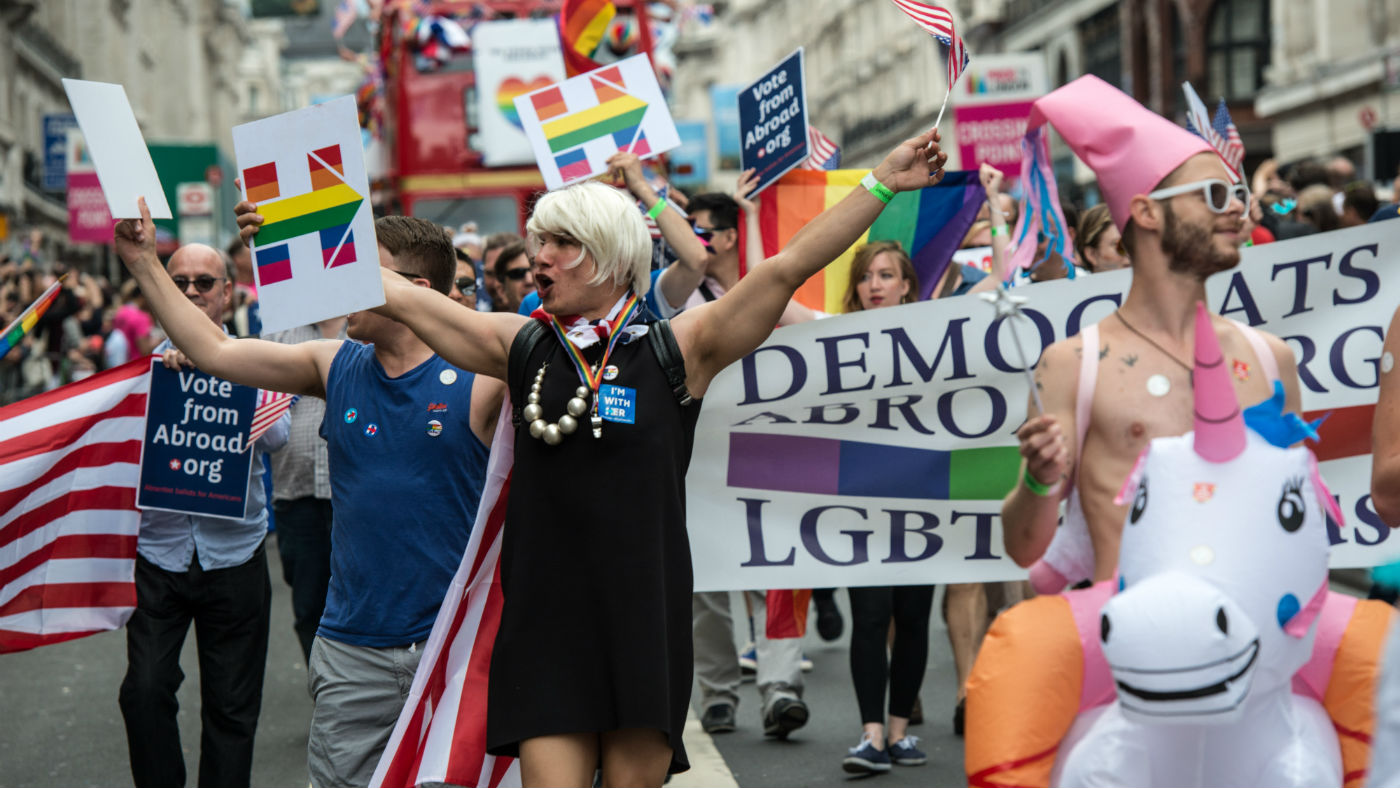
A free daily email with the biggest news stories of the day – and the best features from TheWeek.com
You are now subscribed
Your newsletter sign-up was successful
Equal rights campaigners are calling for action as newly published police figures reveal that reports of hate crimes against transgender people have increased by 81% in just a year.
The BBC, which obtained the data, says 1,944 hate crimes were reported to 36 police forces across England, Scotland and Wales in the last financial year, compared with 1,073 in the previous 12 months. And that latest total does not include figures for the eight forces who did not respond to a freedom of information request.
What is behind the rise?
The Week
Escape your echo chamber. Get the facts behind the news, plus analysis from multiple perspectives.

Sign up for The Week's Free Newsletters
From our morning news briefing to a weekly Good News Newsletter, get the best of The Week delivered directly to your inbox.
From our morning news briefing to a weekly Good News Newsletter, get the best of The Week delivered directly to your inbox.
The Home Office told the BBC that the increase is “largely” down to more people telling police about incidents, and forces more routinely classifying and recording such incidents as hate crimes.
But equal rights charity Stonewall says the increases reflect “a society where transphobia is everywhere”, reports the London Evening Standard. Transgender abuse victim Sue Pascoe, who lives near York, said: “For me, [this is] one of the scariest times I’ve lived through and I’m 59 now.”
Ben Hunte, the BBC’s first specialist correspondent on LGBTQ+ news, says the figures show that transgender people in the UK “currently have it harder than most”.
The vastly increased rate of incidents may be “somewhat due to more people coming forward” but even so, “some may find it shocking that more is not being done to protect these clearly vulnerable individuals”, he adds.
A free daily email with the biggest news stories of the day – and the best features from TheWeek.com
Meanwhile, ongoing media debates about transgender issues – such as those about proposals to make it easier to legally change gender – may increase the risk of attacks by keeping the issue alive, Hunte argues.
What sort of abuse is involved?
Many transgender hate crime victims are physically attacked, but threatening behaviour is also common.
Social housing worker Andi Woolford, from Wakefield in West Yorkshire, told the BBC about how she was approached and abused while simply sitting in her car.
“A guy came out of a block of flats, called me a paedophile, threatened to stab me, smashed my car up, held a dog chain up to my face, just really unbelievable,” Woolford said.
Stonewall estimates that two in five trans people have experienced a hate crime or incident in the past year.
What do police say?
The National Police Chiefs’ Council says officers believe that transphobic attacks have been “significantly under-reported” in the past and that the true scale of the problem is now emerging.
Deputy Chief Constable Julie Cooke, the organisation’s lead for LGBTQ+ issues, said: “We are working closely with trans groups to increase awareness and understanding of our staff, as well as to build confidence and trust in the police by the trans community.”
What can be done?
Campaigners believe a combination of public education, policy change and community efforts is needed to tackle the problem.
Laura Russell from Stonewall said: “We need people to realise how severe the situation is for trans people, and to be active in standing up as a visible ally to trans people, in whatever way they can.”
-
 Tourangelle-style pork with prunes recipe
Tourangelle-style pork with prunes recipeThe Week Recommends This traditional, rustic dish is a French classic
-
 The Epstein files: glimpses of a deeply disturbing world
The Epstein files: glimpses of a deeply disturbing worldIn the Spotlight Trove of released documents paint a picture of depravity and privilege in which men hold the cards, and women are powerless or peripheral
-
 Jeff Bezos: cutting the legs off The Washington Post
Jeff Bezos: cutting the legs off The Washington PostIn the Spotlight A stalwart of American journalism is a shadow of itself after swingeing cuts by its billionaire owner
-
 Why have homicide rates reportedly plummeted in the last year?
Why have homicide rates reportedly plummeted in the last year?Today’s Big Question There could be more to the story than politics
-
 How the ‘British FBI’ will work
How the ‘British FBI’ will workThe Explainer New National Police Service to focus on fighting terrorism, fraud and organised crime, freeing up local forces to tackle everyday offences
-
 ‘Stakeknife’: MI5’s man inside the IRA
‘Stakeknife’: MI5’s man inside the IRAThe Explainer Freddie Scappaticci, implicated in 14 murders and 15 abductions during the Troubles, ‘probably cost more lives than he saved’, investigation claims
-
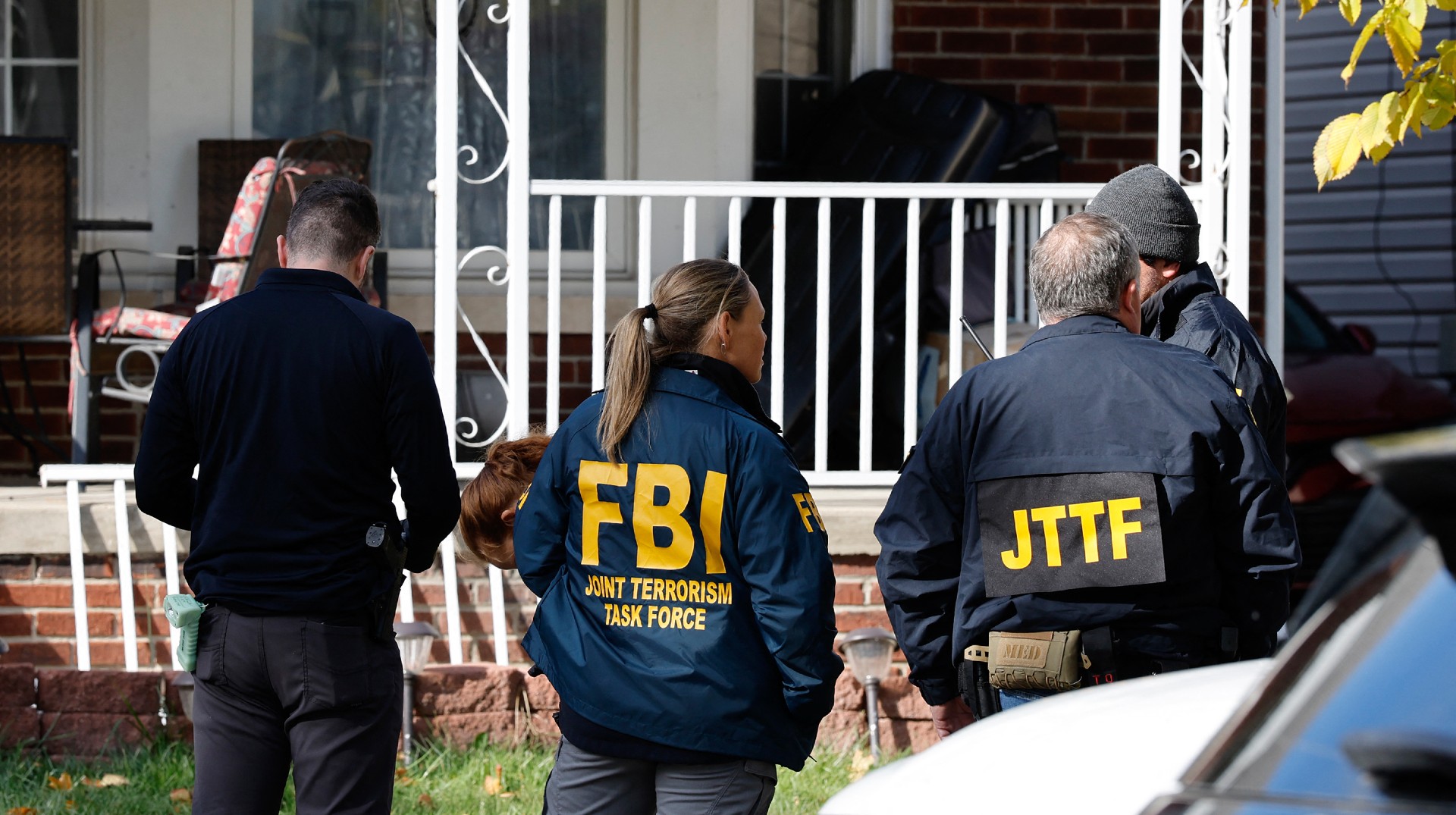 Two men accused of plotting LGBTQ+ attacks
Two men accused of plotting LGBTQ+ attacksSpeed Read The men were arrested alongside an unidentified minor
-
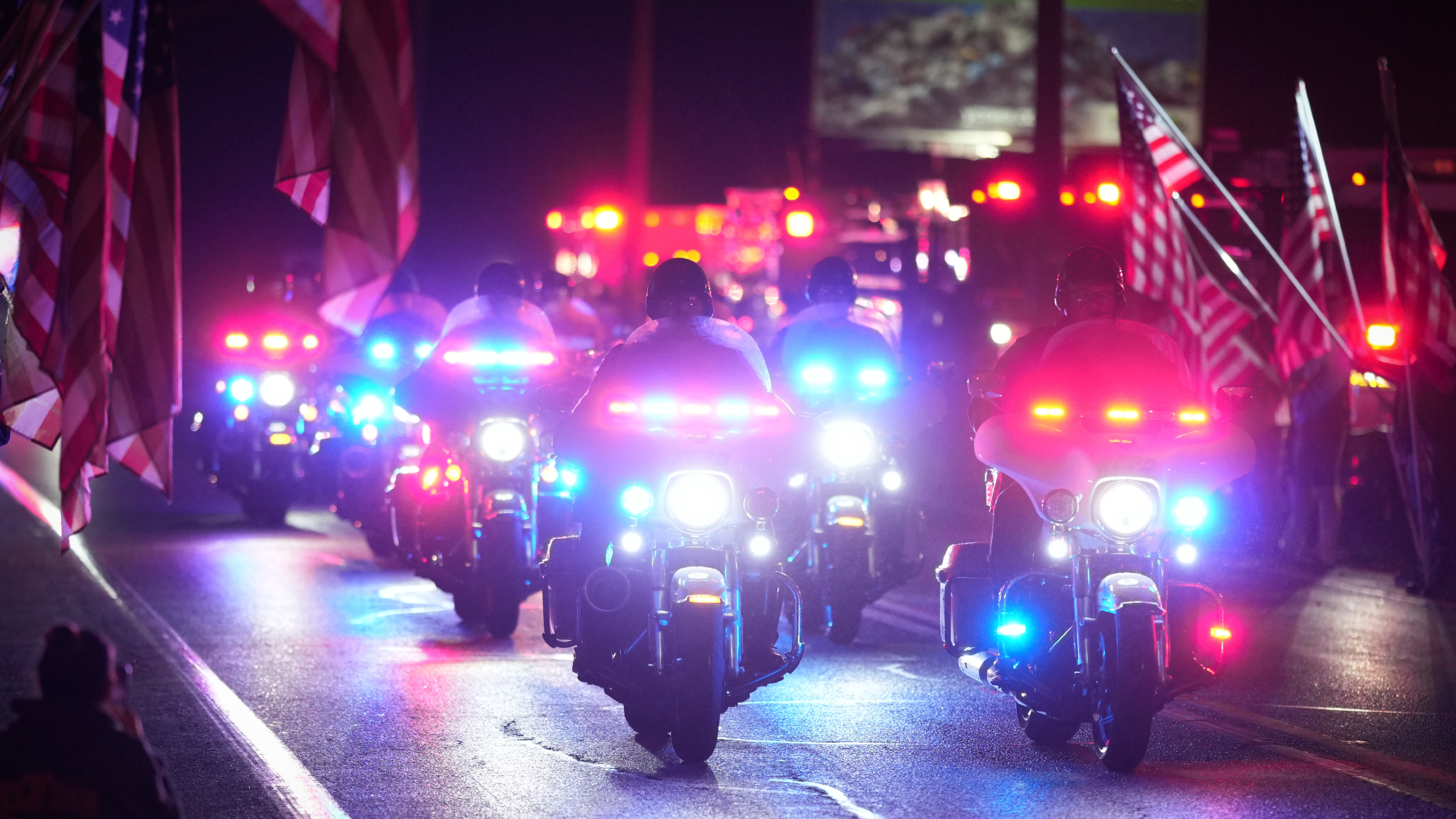 3 officers killed in Pennsylvania shooting
3 officers killed in Pennsylvania shootingSpeed Read Police did not share the identities of the officers or the slain suspect, nor the motive or the focus of the still-active investigation
-
 Dash: the UK's 'flawed' domestic violence tool
Dash: the UK's 'flawed' domestic violence toolThe Explainer Risk-assessment checklist relied on by police and social services deemed unfit for frontline use
-
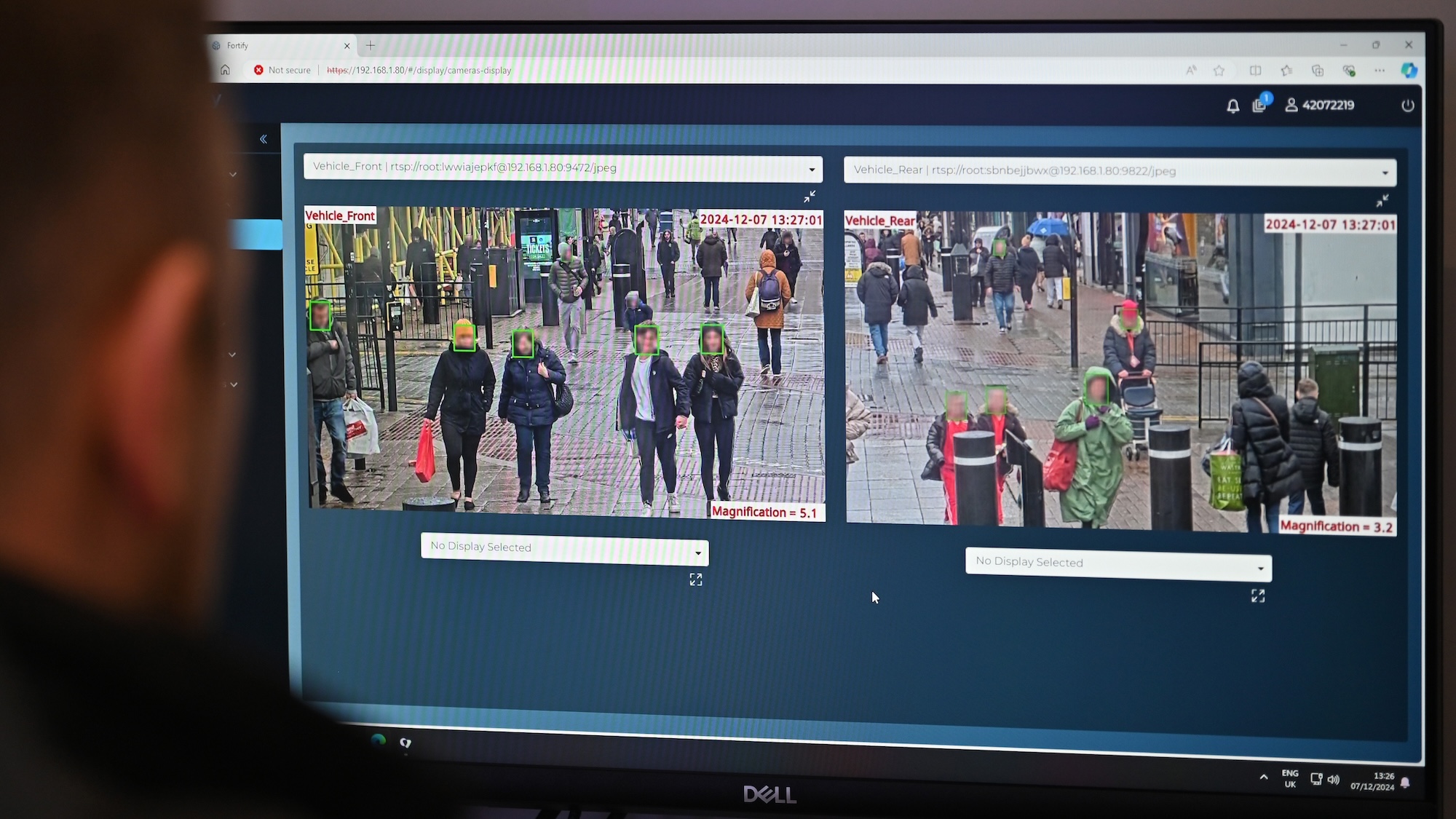 The ethics behind facial recognition vans and policing
The ethics behind facial recognition vans and policingThe Explainer The government is rolling out more live facial recognition technology across England
-
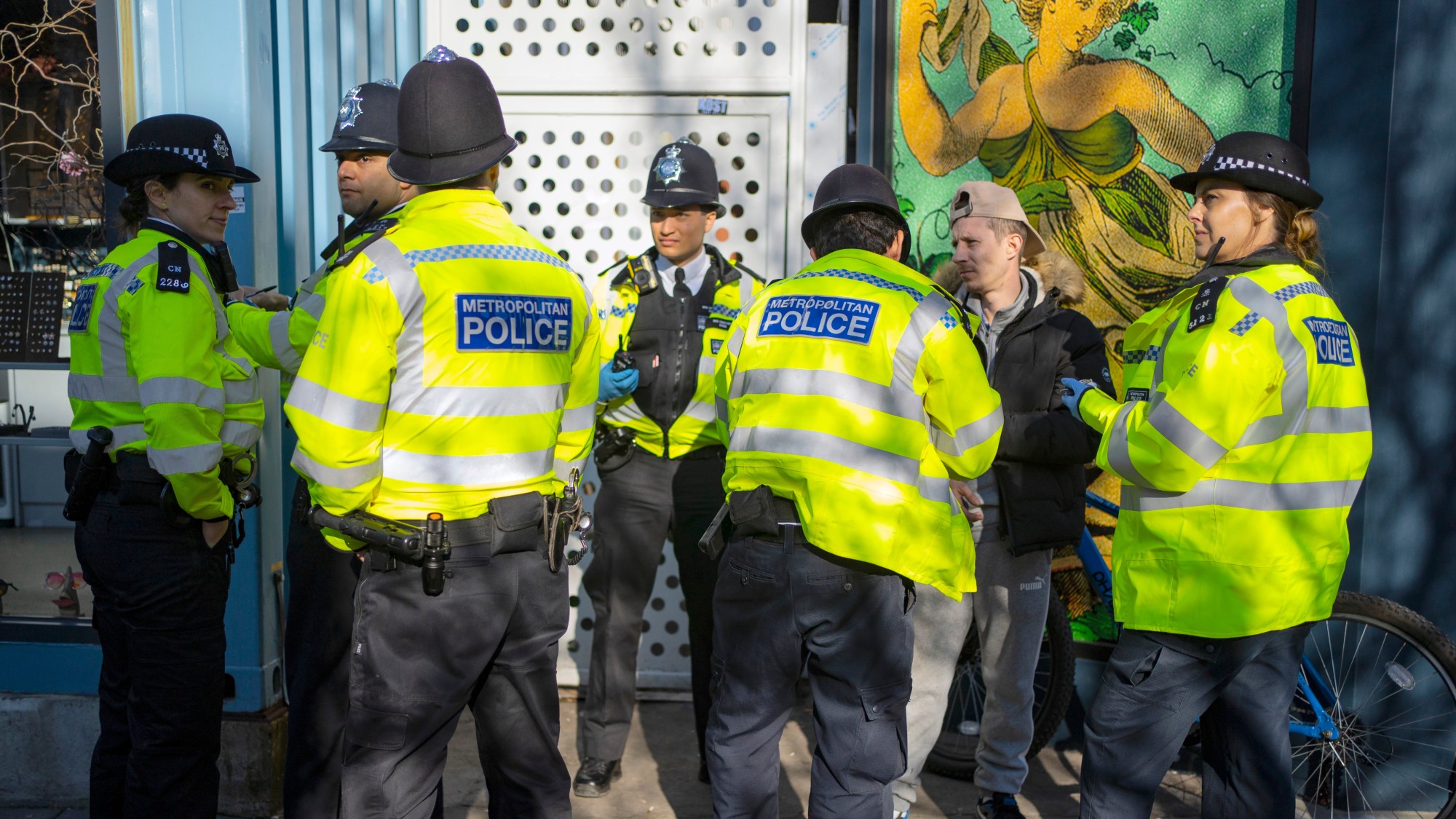 The Met police's stop and search overhaul
The Met police's stop and search overhaulThe Explainer More than 8,500 Londoners have helped put together a new charter for the controversial practice